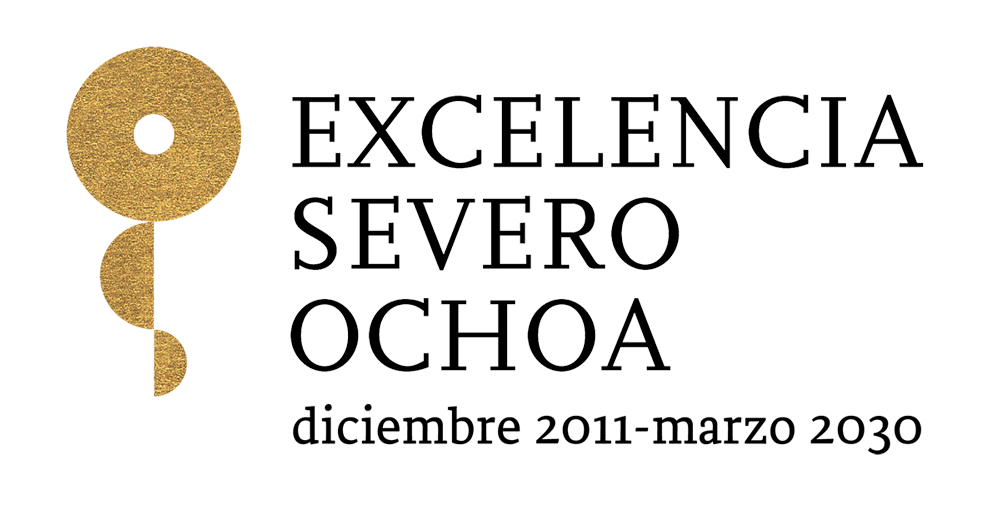Welcome
As part of the research project of the Distinguished Professor Bruno Anglès, this first event will bring together several experts on the arithmetic of global function fields.
Speakers:
- Bruno Anglès, (Université de Caen Normandie)
- Xavier Caruso, (CNRS - Université de Bordeaux)
- Quentin Gazda, (Sorbonne Université)
- Álvaro Hernández Herrera, (UAM)
- Maxim Mornev, (ICMAT - CSIC)
Venue
- Aula Naranja - Instituto de Ciencias Matemáticas.
Titles & Abstracts:
Thursday 10
15:00 - 16:30: Álvaro Hernández Herrera (UAM).
- Title: Introductory lecture on Taelman's work on special L-values of Drinfeld modules.
- Abstract: Taelman proved an analogue for Drinfeld modules of Dirichlet's unit theorem (in 2010), and then also an analogue of the analytic class number formula for their special L-values (in 2012).
In this introductory lecture we will briefly introduce the notion of a Drinfeld module and explain its relation to classical work of Carlitz. We will then present the main objects, results and ideas involved in Taelman's work. In particular, we will focus on Taelman's "trace formula", which is the main ingredient that he used to obtain a global description of special L-values.
Monday 14
10:00 - 11:00: Maxim Mornev (ICMAT - CSIC)
- Title: Local monodromy of A-motives.
- Abstract: Let $M$ be an $A$-motive over a local field $K$. We prove that there is a rational number $\nu\ge0$ such that the ramification subgroup $I_K^\nu$ acts trivially on Tate modules $T_{\mathfrak p} M$ for almost all primes $\mathfrak{p}$. This generalizes an earlier result on local monodromy of Drinfeld modules.
11:00 - 12:00: Quentin Gazda (Sorbonne Université)
- Title: Formal residue in the Frobenius operator and application to Anderson theory
- Abstract: To an Anderson module, one can associate two objects of semilinear algebra: its motive and its dual motive. Each has its own distinct features: while the former aligns more naturally with the analogy to Grothendieck motives, the latter has proven to be more suitable for addressing transcendence questions concerning periods in positive characteristic.
Despite their similar names and closely related definitions, the precise relationship between the motive and the dual motive of an Anderson module remains somewhat elusive. The two key results I’m aware of in this direction are:
— Over perfect fields, the finite generation of one is equivalent to that of the other (Abelian = A-finite, A. Maurischat, 2021);
— Over a complete, perfect, and algebraically closed field, there exists a pairing between the two, albeit in an implicit form (Hartl–Juschka, 2018).
In this talk, I will present a construction of Hartl–Juschka’s pairing over an arbitrary perfect algebra. Surprisingly, the construction involves computing a residue in the Frobenius. This leads to several consequences in Anderson module theory, including the Abelian = A-finite property for a broad class of algebras. This is joint work in progress with A. Maurischat.
12:20 - 13:20: Xavier Caruso (CNRS - Université de Bordeaux)
- Title: Wieferich primes for Drinfeld modules
- Abstract: Classically, a prime number p is said Wieferich when 2^(p-1) is congruent to 1 modulo p2.
I will report on a joint work with Quentin Gazda and Alexis Lucas in which we define and study a similar notion in the framework of Drinfeld modules. Extending a former result of Thakur, we show in particular that the property of being Wieferich can be read off on the corresponding p-adic L-series.
If time permits, I will also discuss a generalization of the former results to t-modules.
15:00 - 16:00: Bruno Anglès, (Université de Caen Normandie)
- Title: On the v-adic behaviour of Function Fields Units.
- Abstract: Lenny Taelman proved in 2012 that the special values of Goss L-functions are deeply connected to a certain module of "units" associated to Drinfeld modules and the "place at infinity". We will focus on the $v$-adic behavior of these units where $v$ is a "finite place". This talk is based on a work in progress with Vincent Bosser (University Caen).


